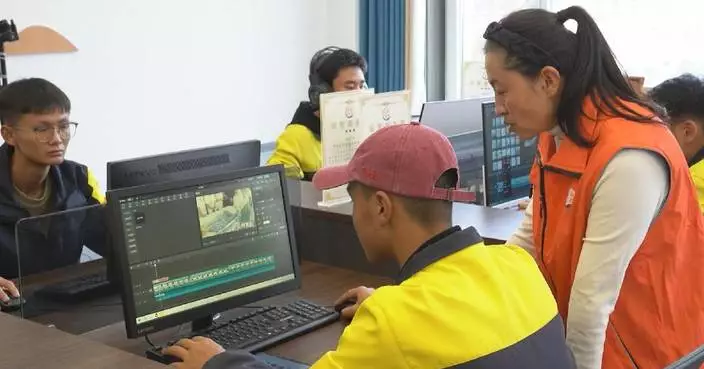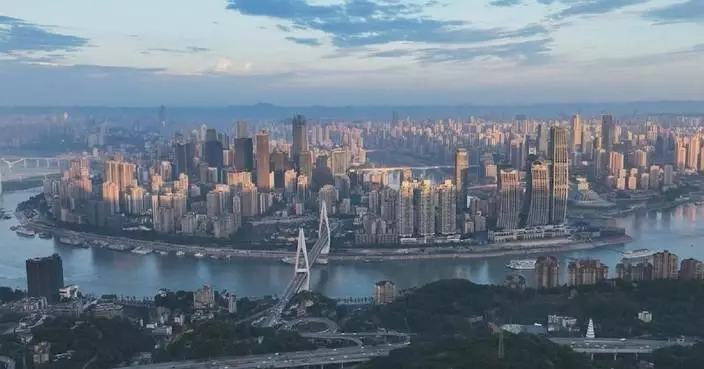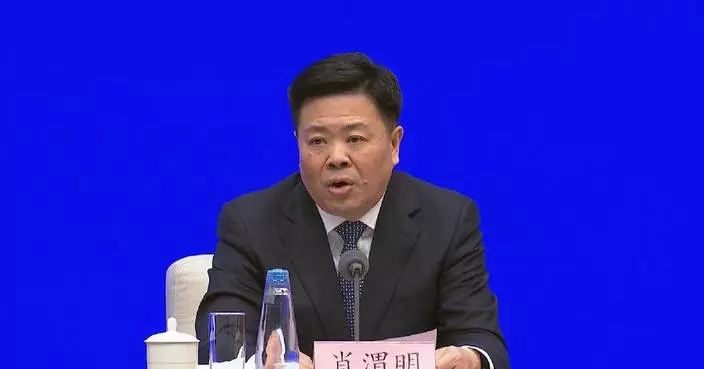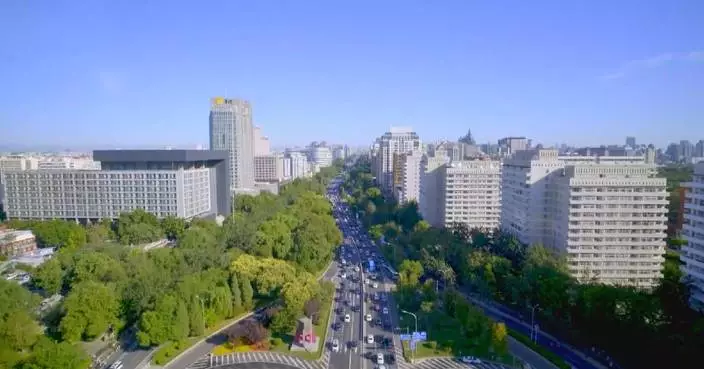Mobile technology will continue to fuel economic growth over the next decade through the implementation of 5G technology, John Hoffman, CEO of the Global System for Mobile Communications Association (GSMA), said at the 2024 World Internet Conference (WIC) Wuzhen Summit on Thursday.
Mobile technology has been a core driver of economic growth globally, contributing trillions of U.S. dollars to economies around the world, said Hoffman.
"So mobile has been at the core of economic growth. I mean, we contribute trillions of U.S. dollars around the world to economies, big and small, developed and developing. It's been a true driver of economic impact," said Hoffman.
Hoffman highlighted the transformative potential of 5G and its advanced iterations, 5G-advanced, and 6G, saying that the enterprise sector stands to benefit immensely from 5G.
"The enterprise sector is going to benefit from 5G, 5G-advanced and ultimately 6G, but what we're seeing now is the transformation of businesses, large and small around the world, everything from manufacturing sector being remade using technology to the education systems around the world using technology to educate our young people in ways that they've never foreseen in the past. So it's really a transformational opportunity that we have here with 5G. Fintech, medical research, the practice of remote surgeries that we could only envision in the past is now becoming the wave of the future. So 5G is a very much transformational technology -- the one that is going to impact all of our lives now and then well into the future," said Hoffman.
Hoffman also praised China as one of the leaders in 5G technology, saying that the GSMA aims to share China's success with countries that are just beginning to use 5G technology
"China has been one of the leaders of 5G, obviously one of the first to implement the 5G technology, the first two, one of the first two, now evolve it to 5G advanced. It is the largest country. We have more users of 5G technology here in China than we do anywhere in the world. So it's one of the global leaders. It's a showcase for the technology. And that's what the GSMA wants to do is help bring that innovation, showcase that innovation, showcase the use cases that have been successful here to other parts of the world to learn not only as China has learned from others, but to export that learnings to other countries that are now maybe just adopting 5G," said Hoffman.
The 2024 World Internet Conference(WIC) opened on Wednesday in east China's Wuzhen Town of Zhejiang Province. Themed with "Embracing a people-centered and all-for-good digital future - building a community with a shared future in cyberspace," this year's Wuzhen Summit ran through Nov 22.
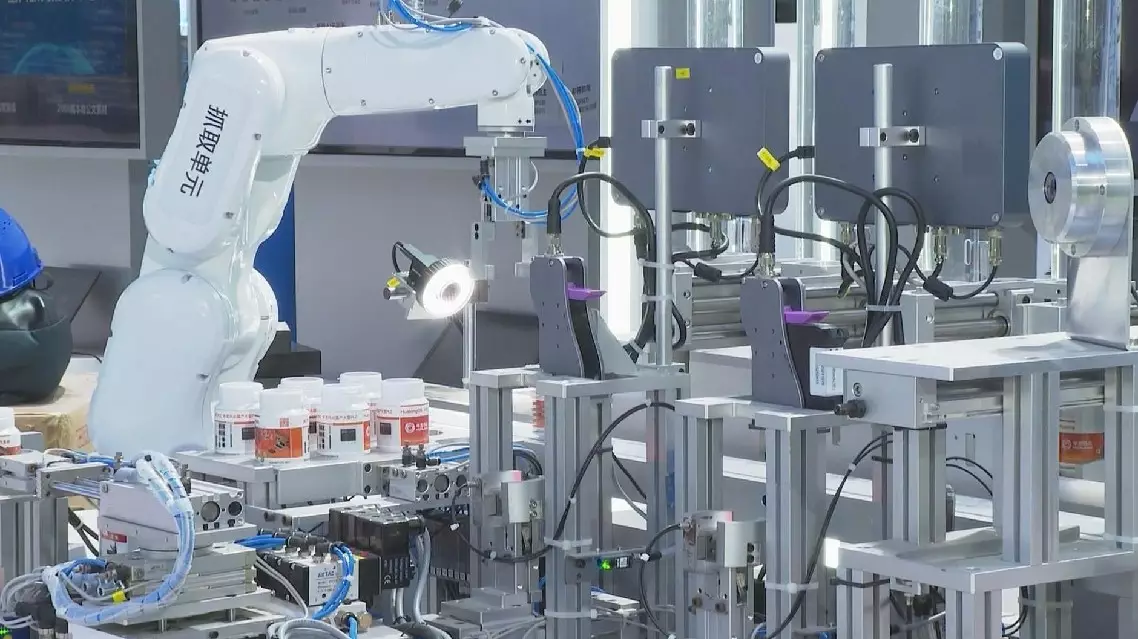
Mobile technology drives global economic growth: GSMA CEO
Former officials and analysts in Egypt have hailed the significant message in Chinese President Xi Jinping's New Year speech and highlighted how China's development impacts not only itself, but the whole world.
In the address broadcast on New Year's Eve on Tuesday, Xi stressed the importance of high-quality development and safeguarding people's livelihoods, and underscored China's vision to promote global governance reform and deepen solidarity and cooperation among the Global South.
Xi also said China's economy has rebounded and is on an upward trajectory, while noting the need to transform old growth drivers into new ones.
"The New Year's speech by the Chinese President tackled many important issues, among which is the Chinese economic growth during 2024. China aims at increasing that growth rate in the new year, this is a very important directive that will affect China's public policy in the coming period," said Mohamed Amin, editor-in-chief of the Cairo-based political magazine October.
Meanwhile, Ali el-Hefny, a former Egyptian ambassador to China who is now vice president of the Egypt-China Friendship Association, highlighted how China has set an example for the developing world, and pointed to its strong cooperation with Africa, including in the development of many major infrastructure projects. "China also contributes a lot as far as its participation as one of the major countries worldwide in peacekeeping efforts in the continent of Africa. So in fact, the internal policies in China are a wonderful example for us in Africa, for our economies, for our countries, for our governments, and for the countries in the Global South," he said.
"With the BRICS and other forums, we need the role and contribution of China. China renders a lot to African as a continent and the African countries, and the African people. I've seen it with the infrastructure that was provided with the Chinese expertise and accumulated experience. Wherever you go in Africa, you will find paved roads, you will find ports where the capacity has been uplifted, [such as] the airports," he said.
Last September, Beijing hosted the summit of the Forum on China-Africa Cooperation (FOCAC), bringing together the leaders of over 50 African countries in the Chinese capital, and el-Hefny noted that the cooperation platform will this year mark a milestone anniversary.
"[I would like to] draw attention to the fact that we are celebrating this year a quarter of a century, 25 years, since the establishment in the year 2000 of the African-Chinese cooperation forum. It has lasted for 25 years. We would like to see [the continuation of] such a forum that was very important for the African continent, and it was also important for China," he said.
In the view of Gamal Bayoumi, a former assistant foreign minister, China is playing a very active role in terms of international diplomacy, especially in the United Nations' system.
"As we well know, China is a permanent member of the United Nations Security Council and it has the right to veto for any decision which we do not like. [But] China has never used the veto in a negative way," he said.
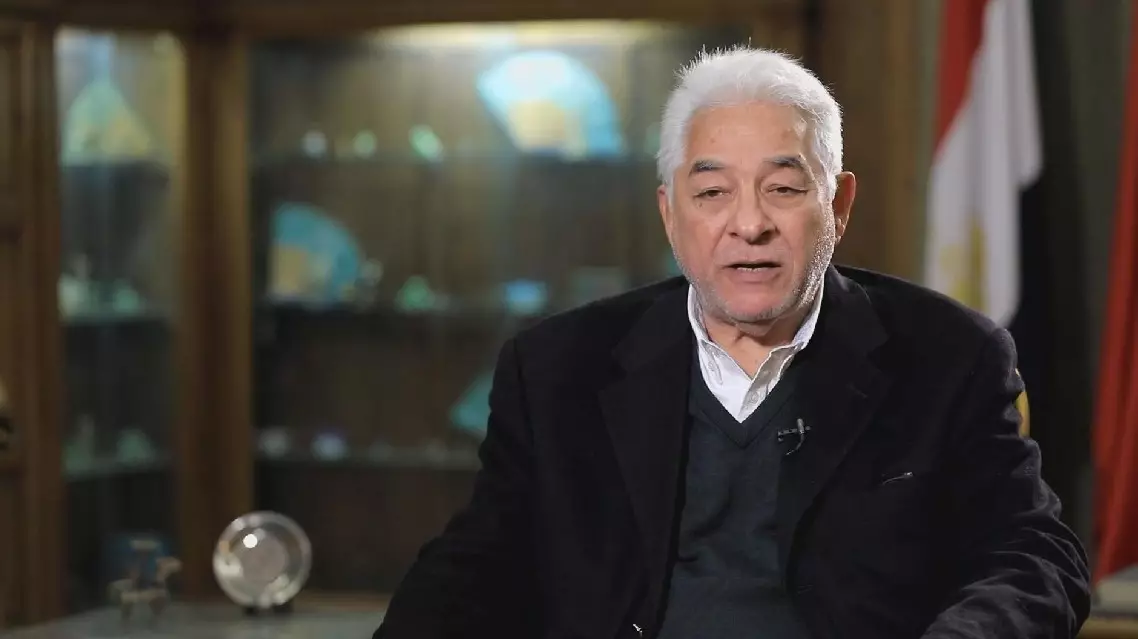
Egyptians hail Xi's New Year speech, highlighting China's global impact







